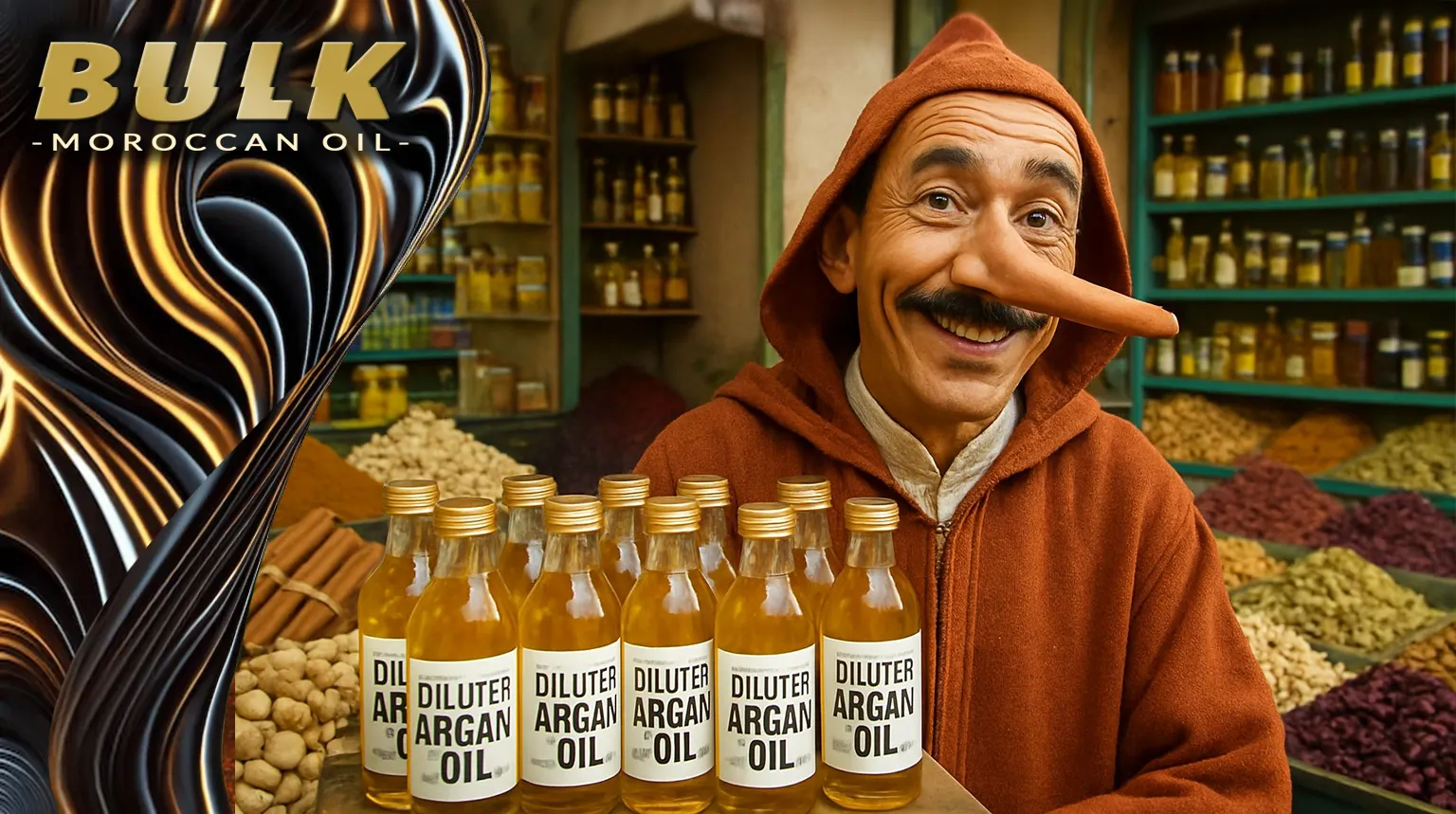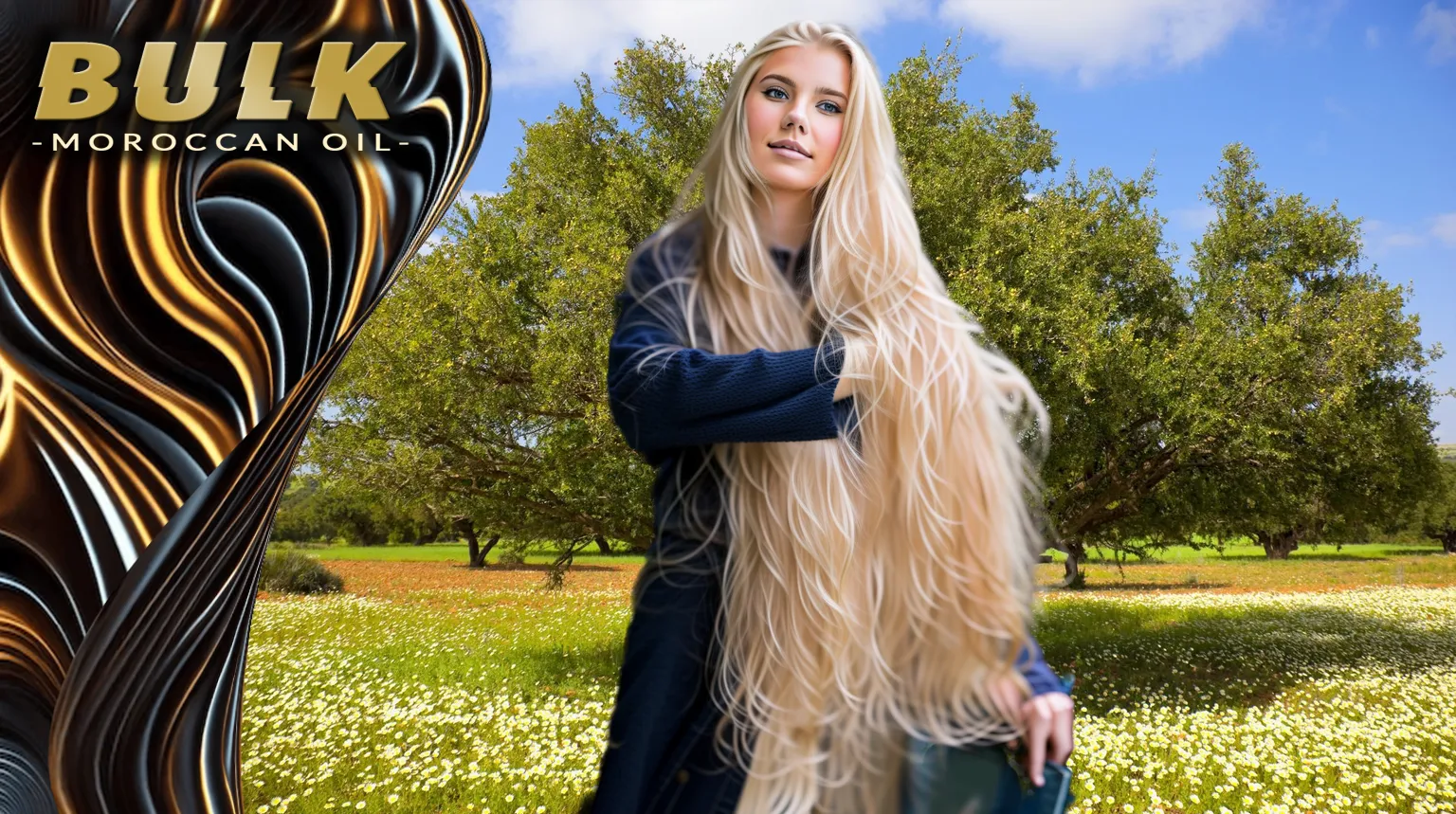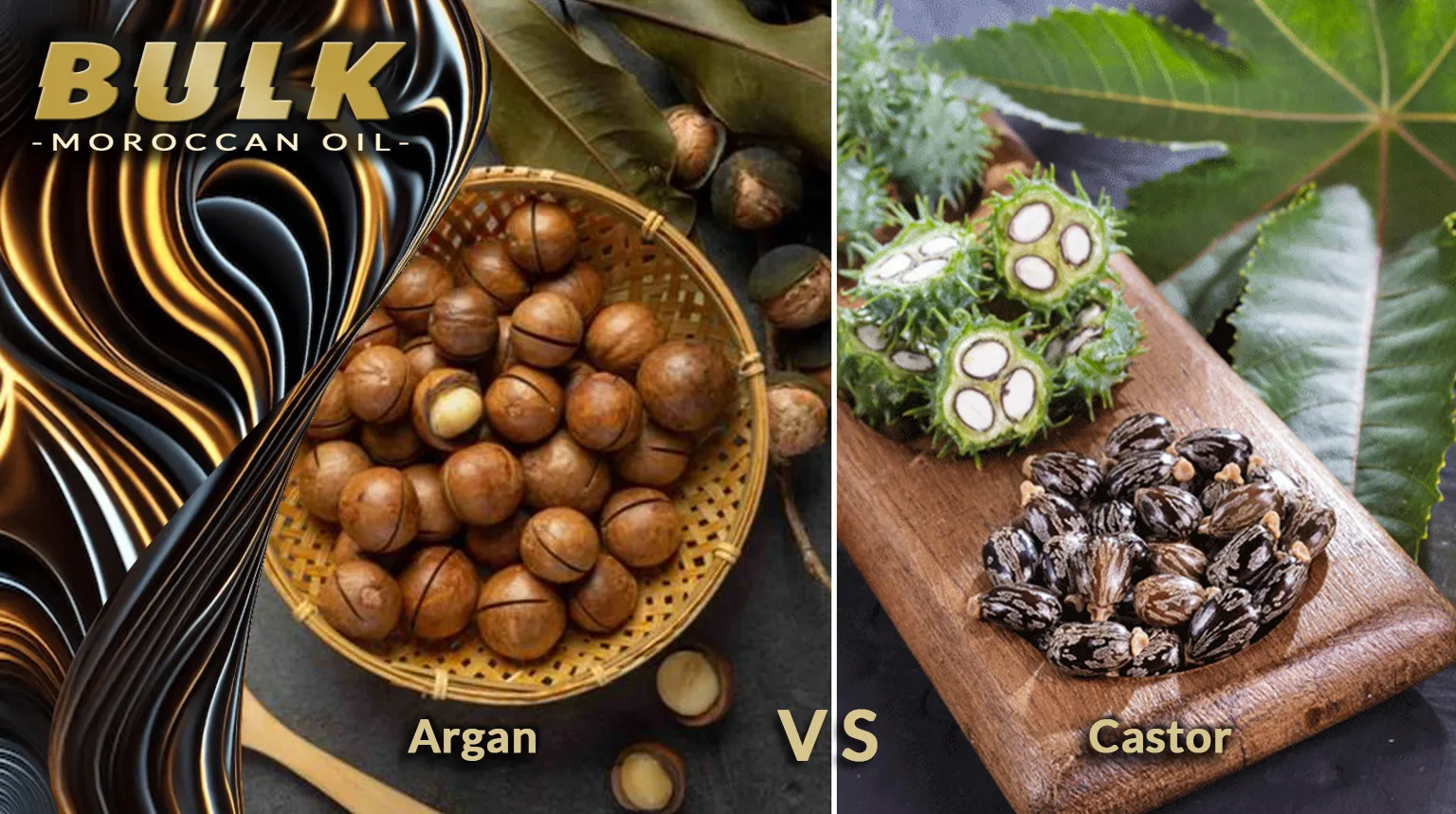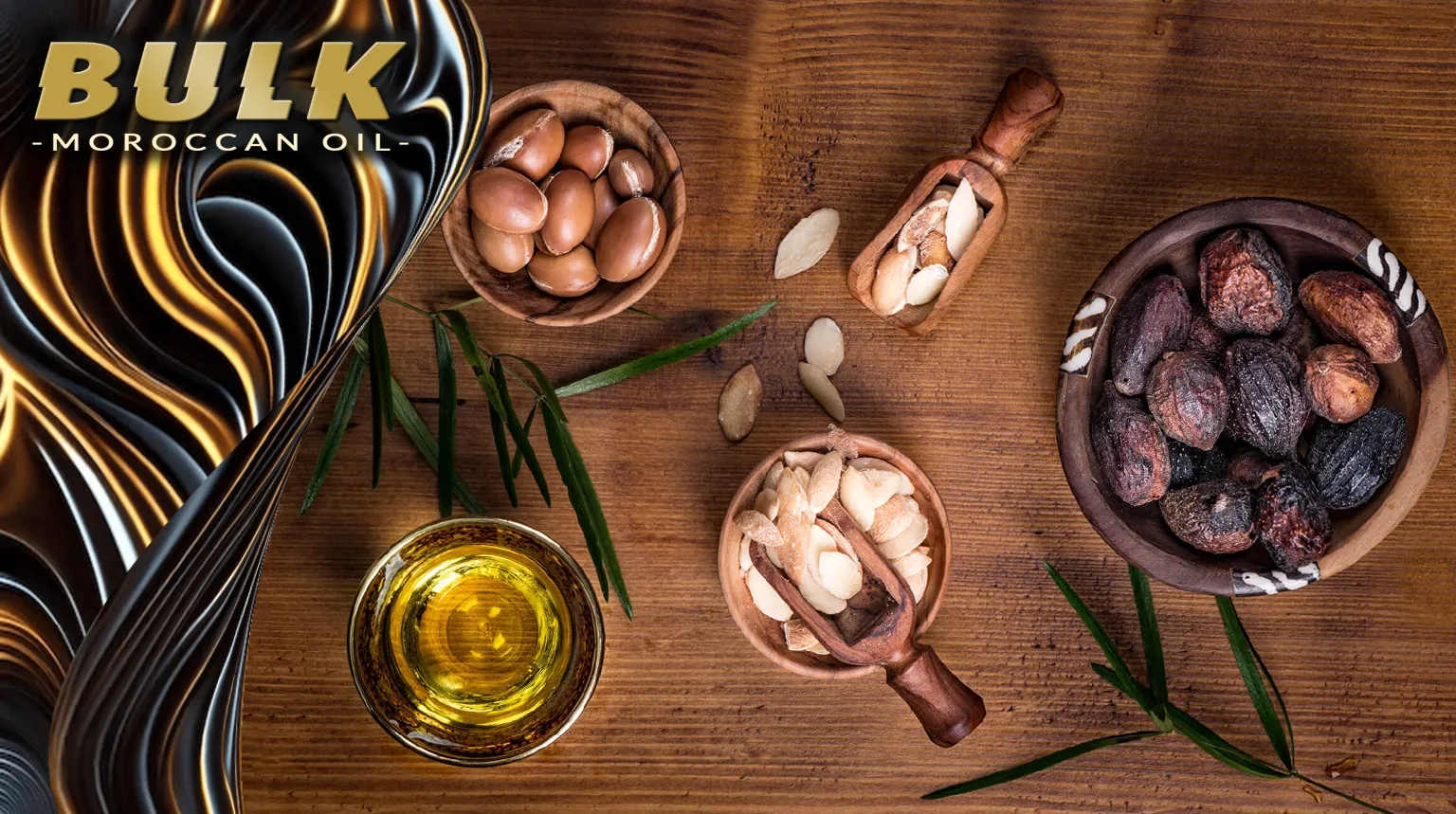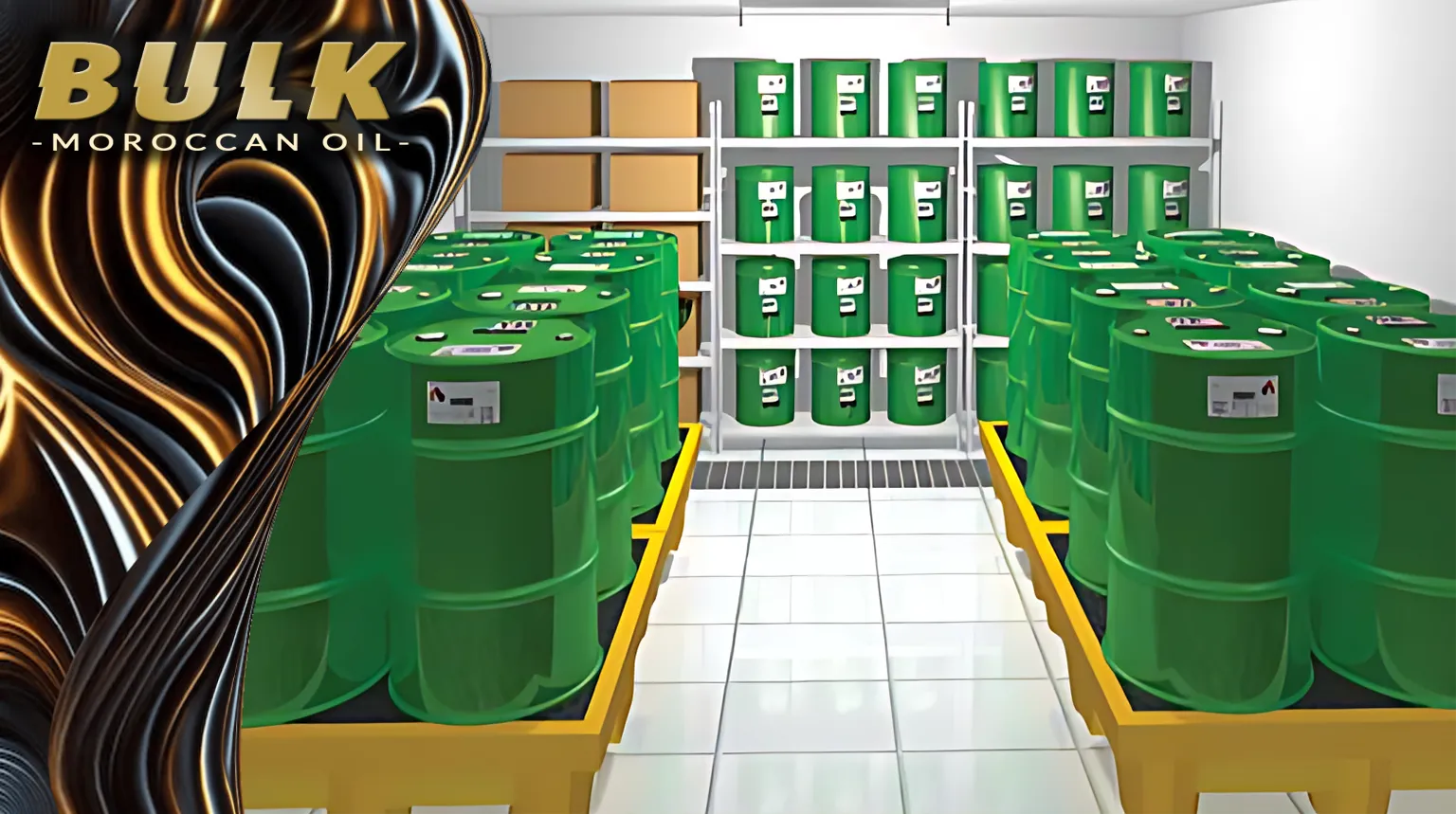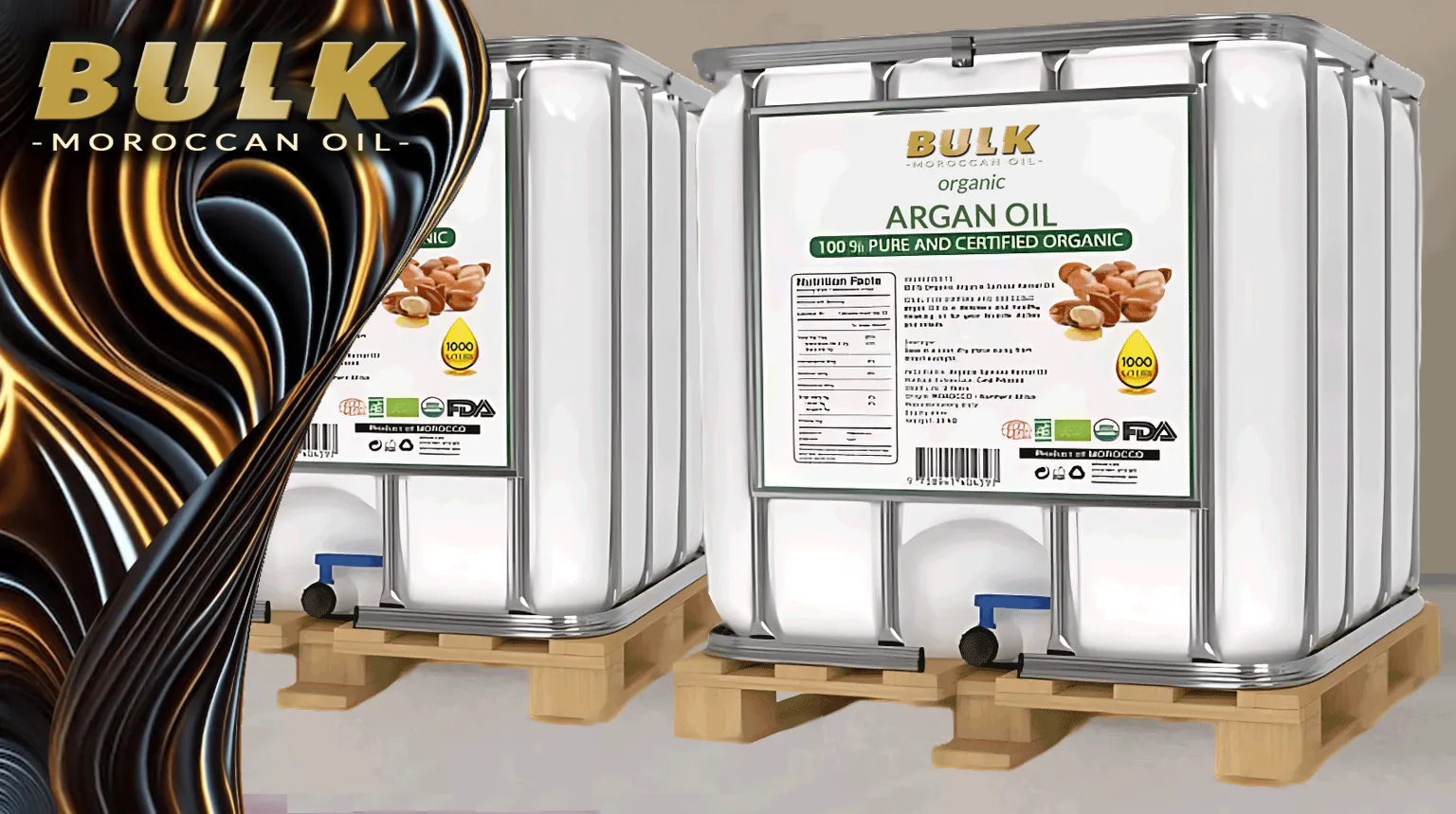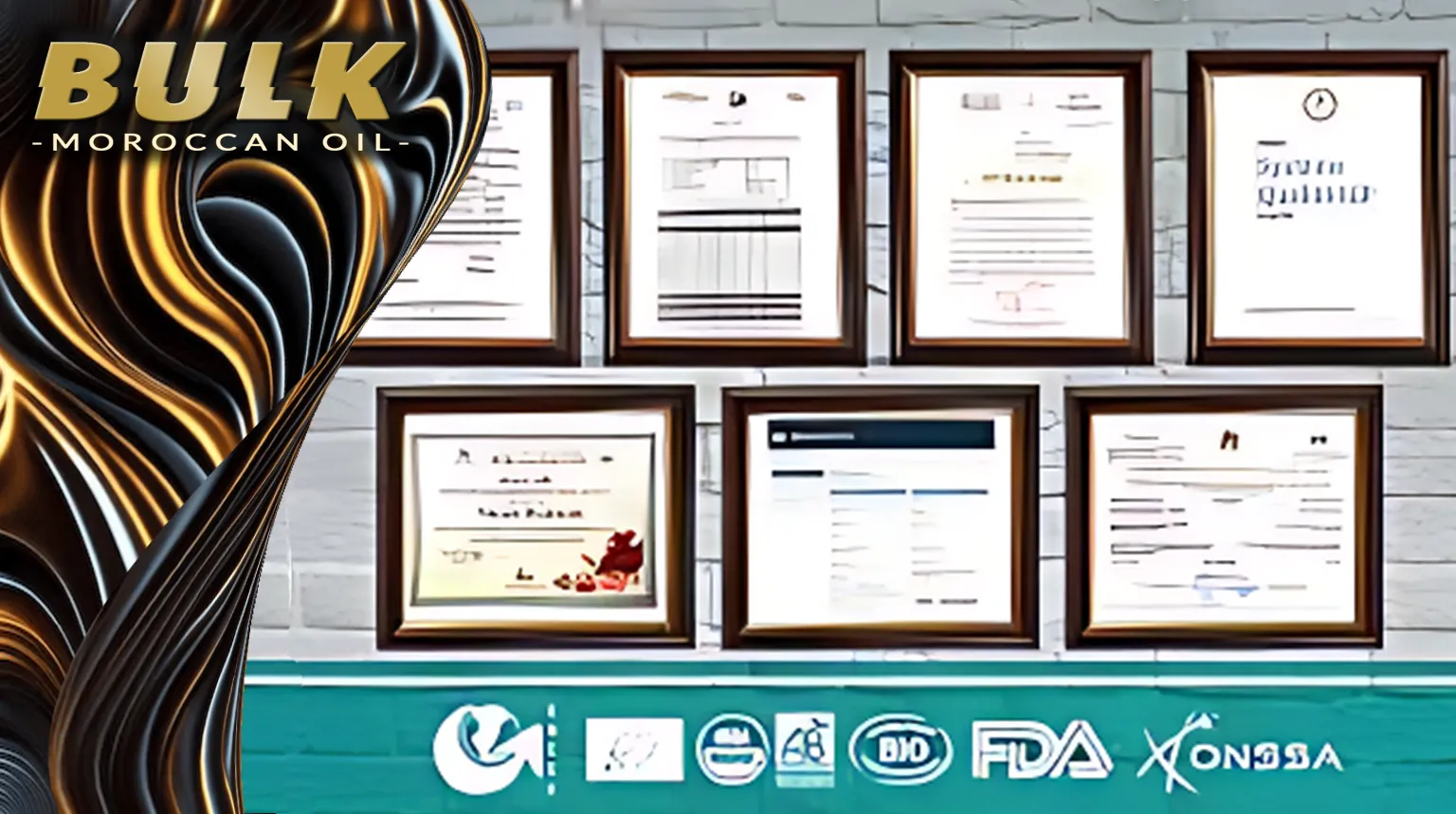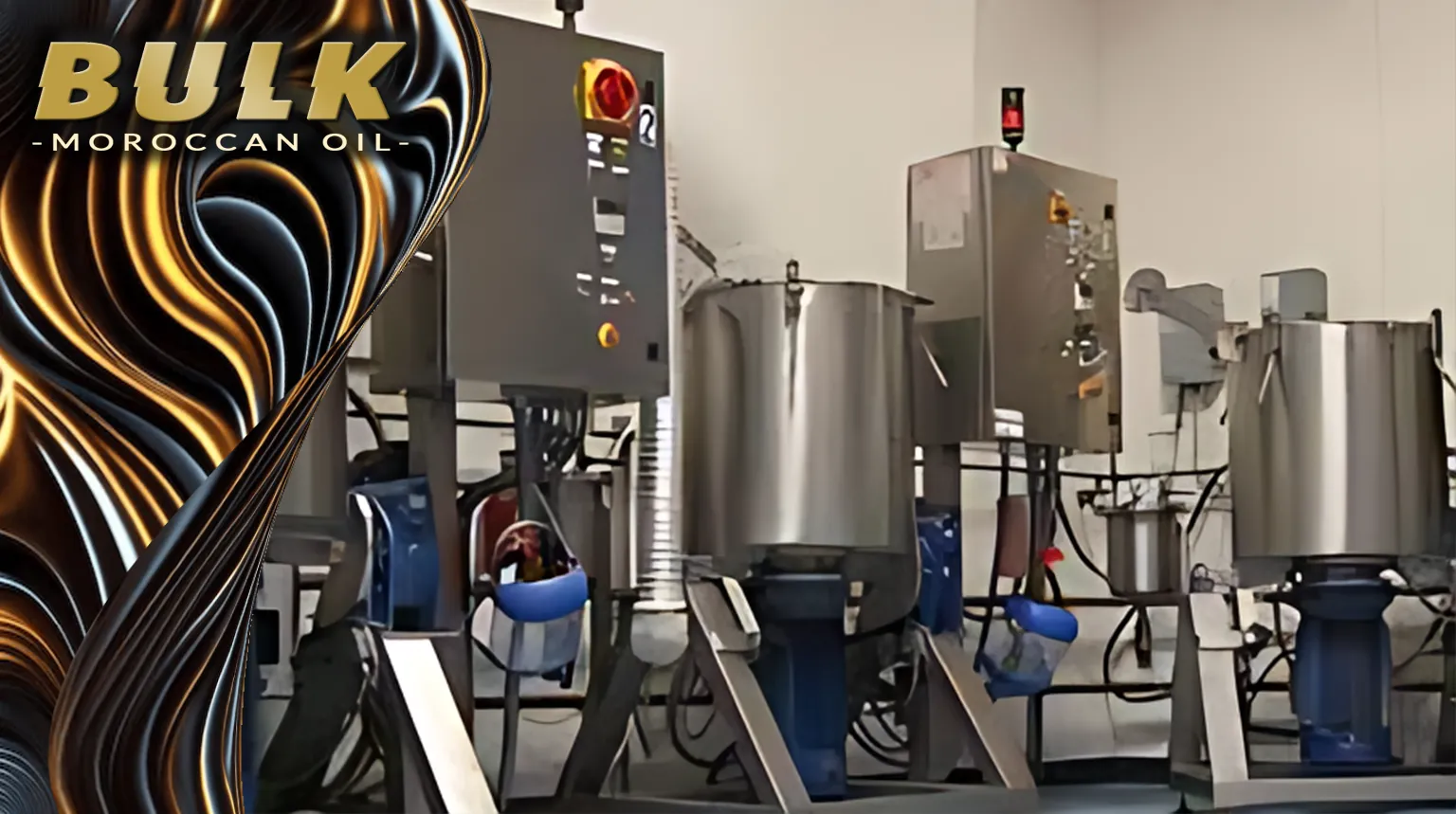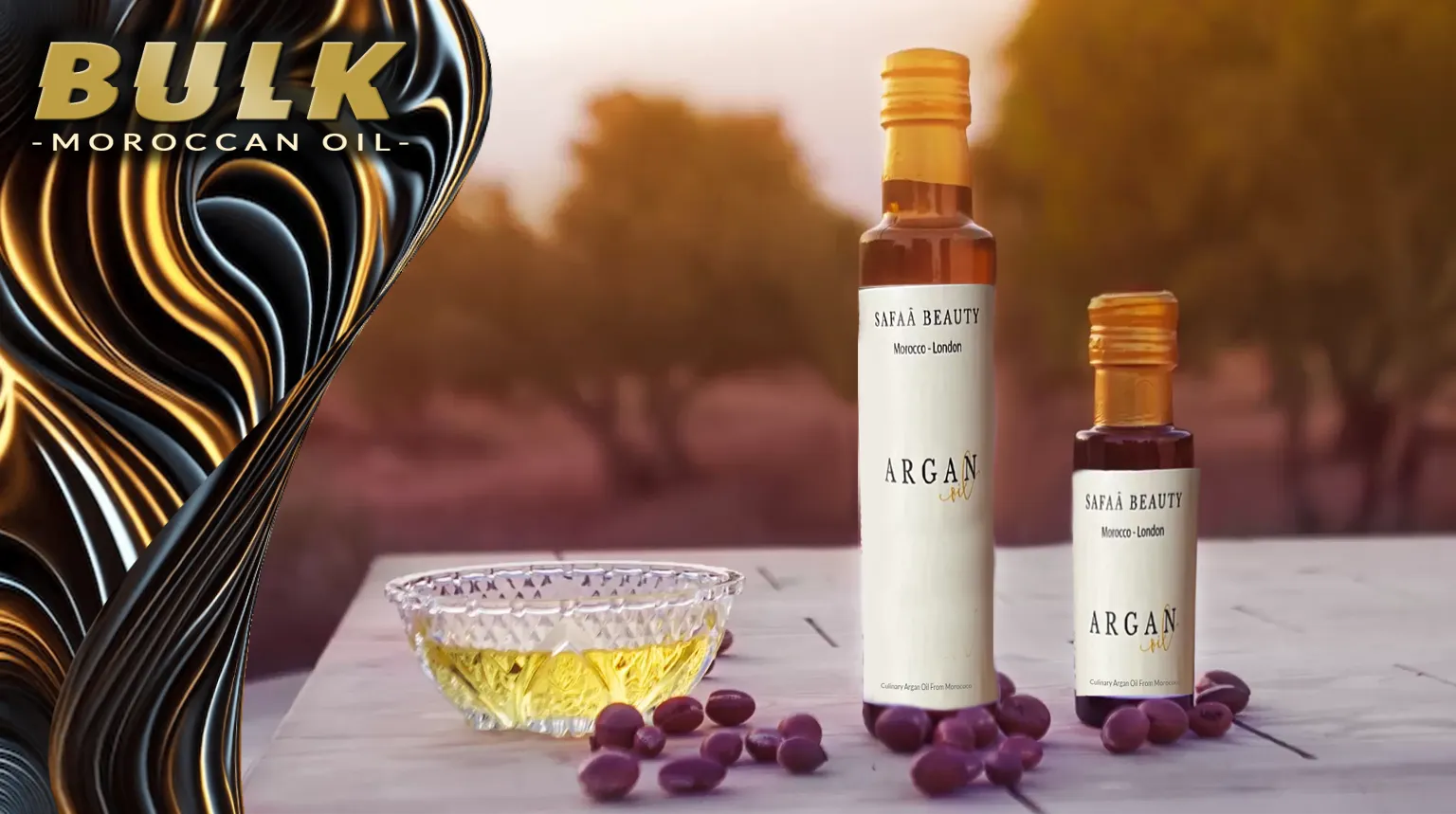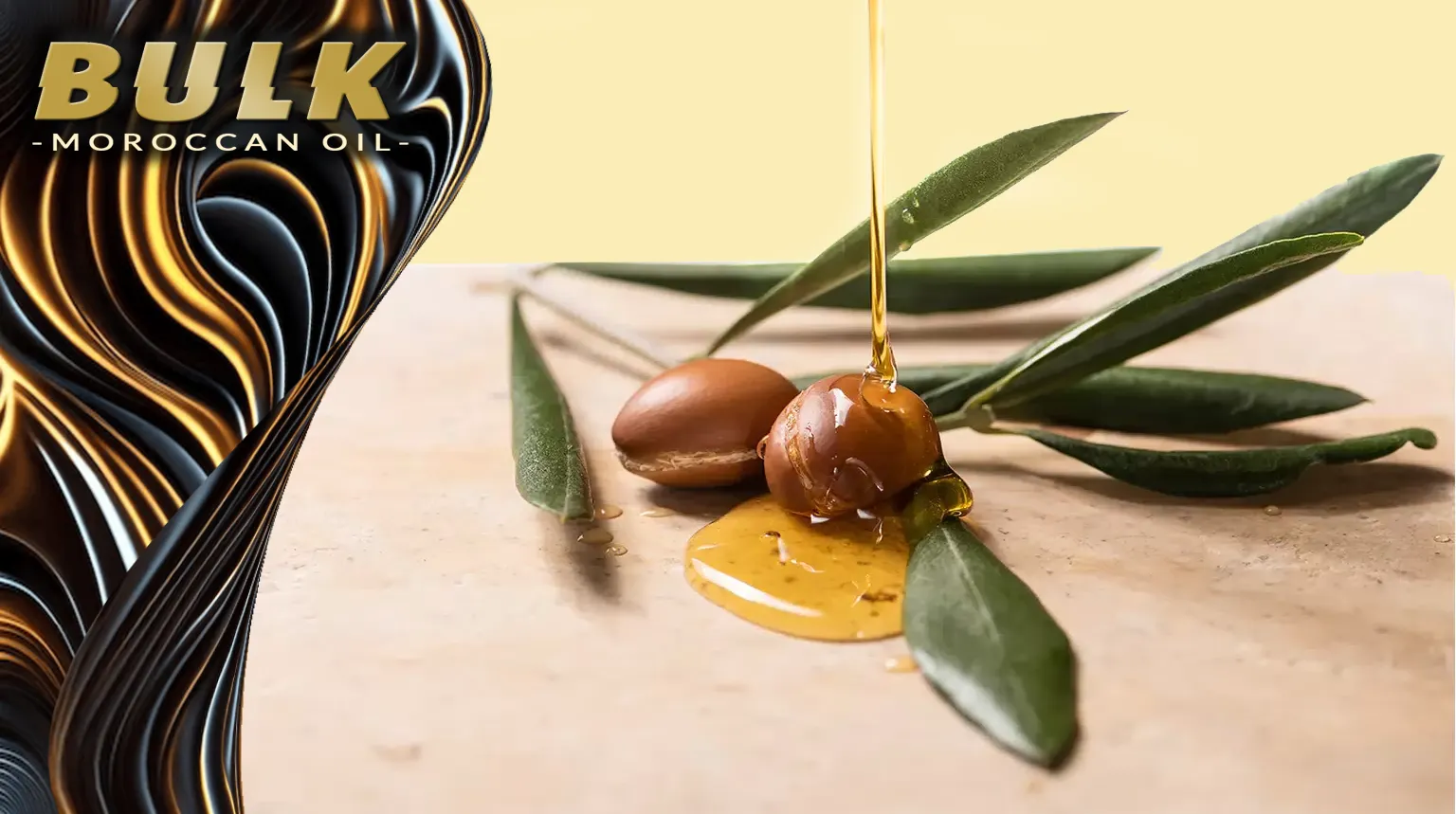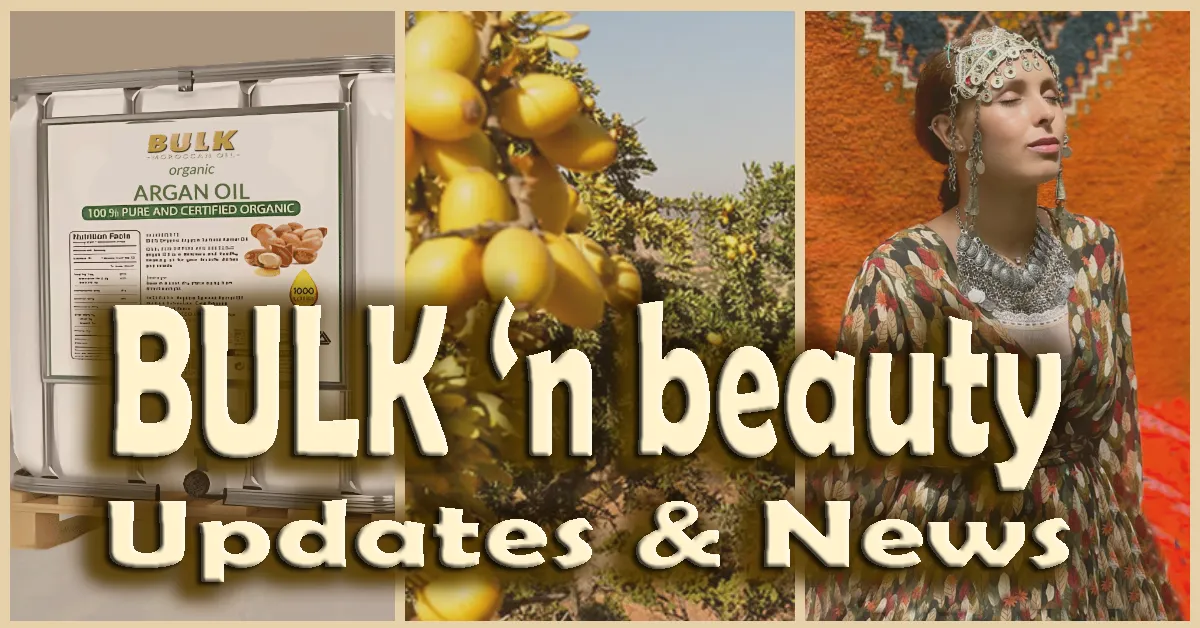Can You Provide Information on The Nutritional Composition of Argan Oil?
Yes! This blog provides in-depth insight into the nutritional composition of argan oil, a coveted product derived from the resilient argan tree native to Morocco. The article demystifies the multifaceted benefits of argan oil, ranging from its health-boosting compounds to its cosmetic applications. With a rich blend of unsaturated fatty acids, vitamin E, sterols, and polyphenols, argan oil emerges as a powerhouse of essential nutrients. By reading this, consumers, culinary enthusiasts, health advocates, and beauty industry professionals can gain a comprehensive understanding of the value of argan oil, thereby making informed decisions for their respective needs.
Content:
- Overview of the Argan Tree
- The Complex Composition of Argan Oil
- The Two Types of Argan Oil: Edible and Cosmetic
- The Extraction Process: Traditional vs. Modern
- Quality Control: Ensuring the Purity of Argan Oil
- Adulteration of Argan Oil: A Challenge to Overcome
- The Power of Fatty Acids in Argan Oil
- Argan Oil: A Vitamin E Treasure Trove
- The Phenolic Compounds in Argan Oil
- Argan Oil: A Source of Sterols
- Vitamin E and its Powerful Antioxidants
- The Role of Polyphenols
- Carotenoids in Argan Oil
- Quality Control and Geographical Classification of Moroccan Argan Oils
- Quality Control: The Hallmark of Argan Oil
This blog is brought to you by BULK Moroccan Oil; Argan Oil Wholesale, your supplier for bulk Argan oil products.
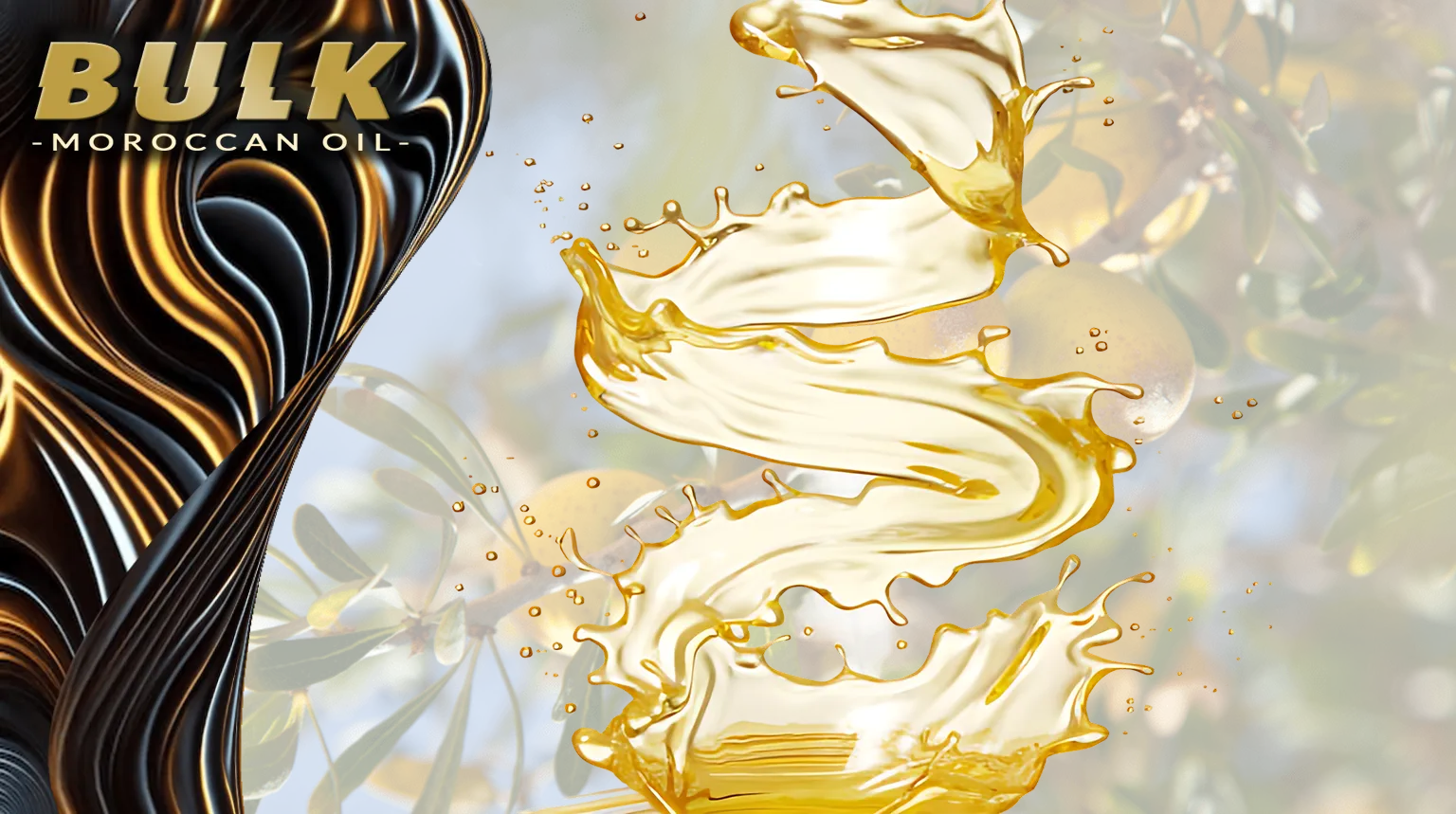
Argan oil, derived from the robust Argan tree, is more than just a simple vegetable oil. Bursting with vital nutrients, it has countless uses, from culinary to cosmetic. This article aims to guide you through the fascinating nutritional composition of virgin Argan oil and its incredible benefits.
1. Overview of the Argan Tree
The Argan tree, or Argania Spinosa, is a resilient species native to the Argan forest in Morocco. Its fruit, the Argan fruit, houses a hard nut within which the precious Argan kernels reside. Argan oil, a seed oil widely recognized for its nutritive and medicinal properties, is extracted from these kernels. Its rich composition sets it apart from other vegetable oils, marking it as a coveted commodity globally.
2. The Complex Composition of Argan Oil
High-quality Argan oil is known for its unique composition, which is packed with health-boosting compounds. The oil is mainly comprised of unsaturated fatty acids (80%), essential for maintaining good health. The most prevalent fatty acids found in Argan oil are Oleic acid (43-49%) and Linoleic acid (29-36%).
More than just fatty acids, Argan oil is rich in vitamin E, specifically gamma-tocopherol, which acts as a potent antioxidant, protecting the body against harmful free radicals. Other key nutrients found in Argan nuts include plant sterols (schottenol and spinasterol) and polyphenols, which have anti-inflammatory properties.
3. The Two Types of Argan Oil: Edible and Cosmetic
The preparation of Argan oil varies, leading to two distinct types: edible Argan oil and cosmetic Argan oil.
Edible Argan oil may often used in Moroccan cuisine, is prepared by roasting the Argan kernels before grinding and pressing. The roasting process gives the oil a distinctive nutty flavor.
On the other hand, cosmetic Argan oil is prepared from unroasted kernels, maintaining a lighter color and subtle scent. This oil is mainly used in skincare and hair care products due to its moisturizing and antioxidant properties.
4. The Extraction Process: Traditional vs. Modern
The traditional method of Argan oil extraction involves sun-drying the Argan fruits before removing the pulp to get the nuts. These nuts are then cracked to obtain the kernels. For edible Argan oil, the kernels are roasted, while for cosmetic Argan oil, they are used raw.
Modern extraction methods are more mechanized, using cold presses to extract the oil while preserving its beneficial compounds. Cold-pressed Argan oil is a rich source of nutrients, including fatty acids, sterols, and antioxidants.
5. Quality Control: Ensuring the Purity of Argan Oil
The quality control of Argan oil is crucial, both for its nutritional benefits and commercial value. Several methods can be used for the determination of Argan oil quality, such as assessing its physicochemical properties and sensory characteristics.
Argan oil, with its unique nutritional composition and variety of uses, is truly a treasure. It offers a blend of essential nutrients, from fatty acids to antioxidants, all packed in a single drop of oil. Ensuring the authenticity and quality of the oil is crucial to fully reap its health benefits. Whether you're seeking a nutritional supplement, a culinary ingredient, or a natural skincare product, Argan oil has something to offer everyone.
6. Adulteration of Argan Oil: A Challenge to Overcome
Argan oil’s high demand and limited supply make it a frequent target for adulteration, which is the addition of other oils like sunflower oil. The detection and quantification of Argan oil adulteration are achieved through various techniques, helping ensure the authenticity of the product for consumers.
Adulteration is a common issue in the Argan oil industry. Lower quality oils or cheaper vegetable oils are often mixed with Argan oil to cut costs. Therefore, purchasing from reputable sources and knowing how to detect the adulteration of Argan oil are essential steps in ensuring the purity and quality of the product.
The aroma of Argan oil, its acid content, the distribution on glycerol of Argan oil, and the geographical classification of Moroccan Argan oils can all provide clues about the oil’s authenticity.
7. The Power of Fatty Acids in Argan Oil
Argan oil is an essential oil abundant in fatty acids, particularly Omega-6 and Omega-9, which are essential for healthy bodily functions. The fatty acids play a crucial role in developing and maintaining the brain and nervous system. Argan oil can be used to promote healthy skin and hair, reducing the risk of heart disease and supporting cellular health.
8. Argan Oil: A Vitamin E Treasure Trove
A major benefit of using Argan oil lies in its rich Vitamin E content. Vitamin E, particularly gamma-tocopherol found in Argan oil, is known to have strong antioxidant properties, protecting cells from damage by free radicals. This vitamin is essential for maintaining healthy skin, bolstering the immune system, and protecting against a variety of diseases. The effect of Argan oil is much better than chemical-produced vitamin E.
9. The Phenolic Compounds in Argan Oil
The properties of Argan oil contains phenolic compounds that have a range of health benefits, including being antiseptic, antioxidant, anti-inflammatory, and anti-allergic. These compounds contribute significantly to Argan oil's medicinal properties.
10. Argan Oil: A Source of Sterols
Sterols are another important constituent of Argan oil. Schottenol and Spinasterol, which are rarely found in vegetable oils, are present in Argan oil. These sterols have anti-inflammatory properties and can assist in blocking cholesterol absorption from the intestines, reducing inflammation, and potentially inhibiting cancer cell growth.
11. Vitamin E and its Powerful Antioxidants
Argan oil is among the richest sources of Vitamin E, a powerful antioxidant known for its significant contribution to skin health. The main tocopherol found in Argan oil is gamma-tocopherol, which is primarily responsible for the oil's antioxidant properties.
12. The Role of Polyphenols
Polyphenols present in Argan oil also contribute to its antioxidative and anti-inflammatory properties. These compounds protect your cells from damage and can help reduce inflammation.
13. Carotenoids in Argan Oil
Argan oil is also rich in carotenoids, plant pigments that are converted into Vitamin A in the body. They are known for their antioxidant properties and help maintain eye, skin, and hair health. The content of Argan oil includes many ingredients that benefit our health.
14. Quality Control and Geographical Classification of Moroccan Argan Oils
Lastly, the quality control of Argan oil involves rigorous checks and standards to ensure the oil's purity, reflecting its authenticity and nutritional value. This includes geographical classification of Moroccan Argan oils, a method that helps distinguish genuine Moroccan Argan oil from potentially adulterated or less beneficial argan-like oils.
15. Conclusion
The nutritional composition of Argan oil is indeed a marvel, making it one of the most beneficial oils to include in your routine. From essential fatty acids to powerful antioxidants, it offers a range of beneficial compounds that enhance health and well-being. Remember, the key is to ensure the authenticity and quality of the oil, so you get to enjoy its full benefits.
Bullet-Point Summary:
- Argan oil, derived from the kernels of the Argan tree, is a nutrient-rich vegetable oil with numerous health and cosmetic benefits.
- It uniquely comprises unsaturated fatty acids—Oleic acid, Linoleic acid—vitamin E, plant sterols, and polyphenols.
- There are two main types of argan oil—edible and cosmetic—with their distinction lying in the preparation process.
- Adulteration is a prevalent challenge in the argan oil industry, emphasizing the need for purchasing from reputable sources and awareness of detecting adulteration.
- Quality control involving rigorous checks and standards is crucial for ensuring the oil's purity and authenticity.
- Argan oil is rich in essential fatty acids, Vitamin E, phenolic compounds, and sterols, each contributing to its health and cosmetic benefits.
- Knowledge on the extraction process, types, adulteration, and quality control of argan oil allows consumers to make informed decisions and fully reap the oil's benefits.
Hashtags
#ArganOil, #ArganTree, #VegetableOil, #ArganOilUse, #Composition, #ScopusDatabase, #PhysicochemicalProperties, #ColdPressedArganOil, #AntioxidantCapacity, #PhenolicCompounds, #ArganFruit, #VolatileCompound, #FattyAcids, #Sterols, #Polyphenols, #Tocopherols, #Minerals
Frequently Asked Questions (FAQ)
Q: What is the nutritional composition of argan oil?
A: Argan oil is mainly composed of fatty acids such as oleic acid, linoleic acid, and palmitic acid. It also contains antioxidants like tocopherols and polyphenols.
Q: How is argan oil extracted?
A: Argan oil can be obtained by cold pressing the kernels of the argan tree, which is native to Morocco. The traditional method involves hand-cracking the argan nuts to extract the kernels.
Q: What are the main uses of argan oil?
A: Argan oil is mainly used in culinary applications for cooking and dressing salads. It is also popular in skincare and hair care products due to its moisturizing and nourishing properties.
Q: How can one prepare argan oil for consumption?
A: Argan oil is prepared by extracting the oil from the kernels of the argan tree through pressing or grinding. The oil can be used as a healthy alternative in cooking or as a nutritional supplement.
Q: How can the quality of argan oil be ensured?
A: Quality control of argan oil involves testing for purity, authenticity, and proper extraction methods. Adulteration of argan oil can be detected through chemical analysis and monitoring of production processes.
Q: What is the chemical composition of argan oil?
A: Argan oil is rich in unsaturated fatty acids, including oleic and linoleic acids. It also contains tocopherols, sterols, and polyphenols that contribute to its antioxidant properties.
Q: How is the detection of argan oil adulteration conducted?
A: Adulteration of argan oil can be detected through various analytical techniques such as chromatography and spectroscopy to identify any foreign substances or the presence of other oils blended with argan oil.

